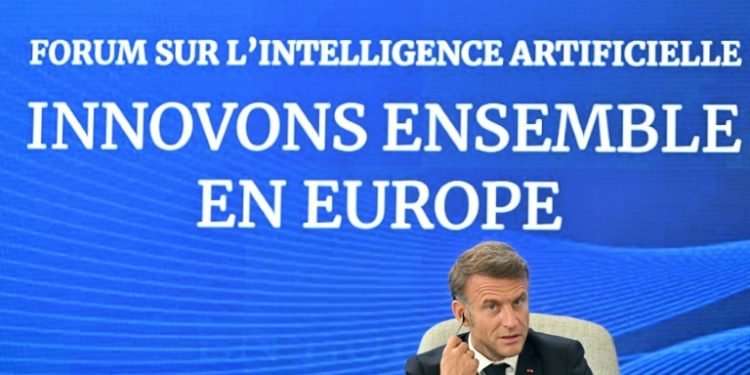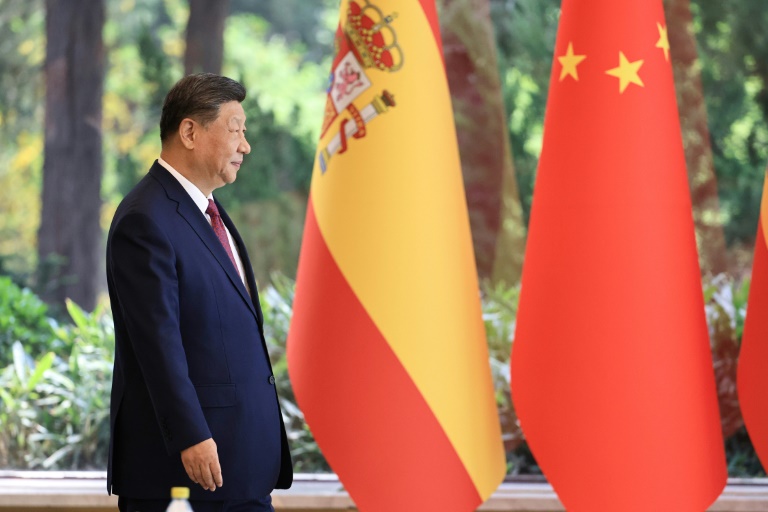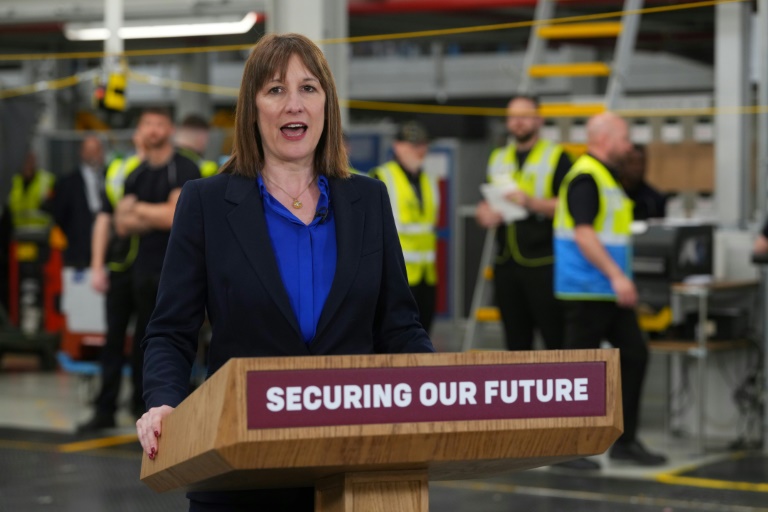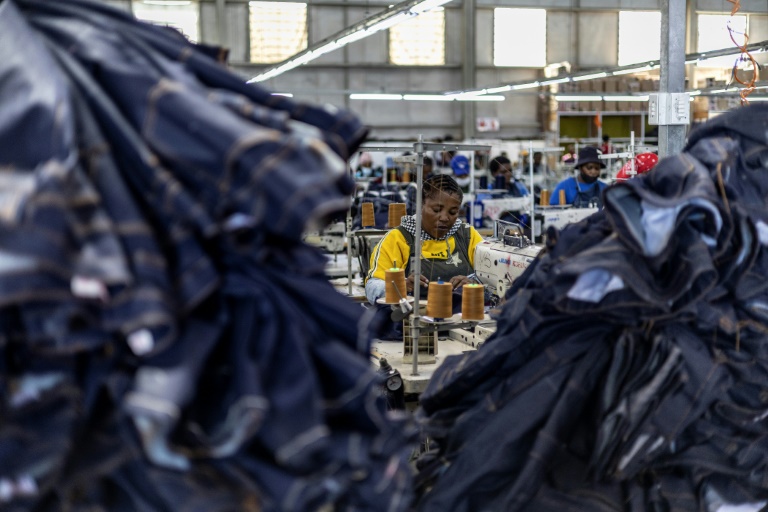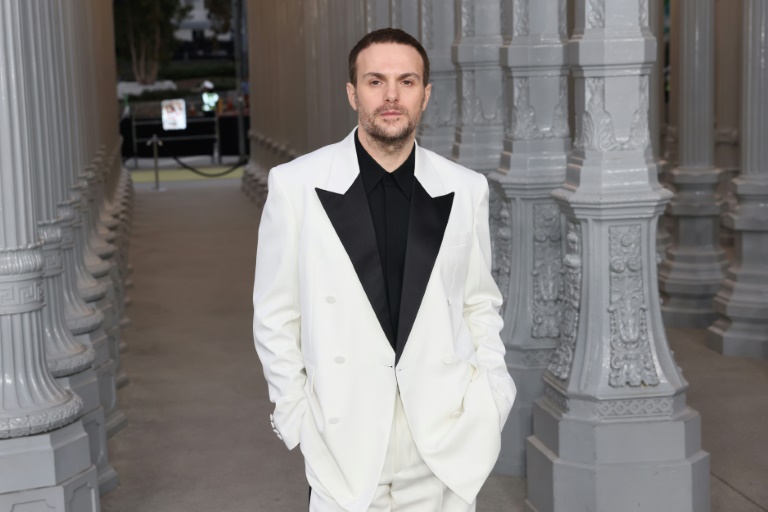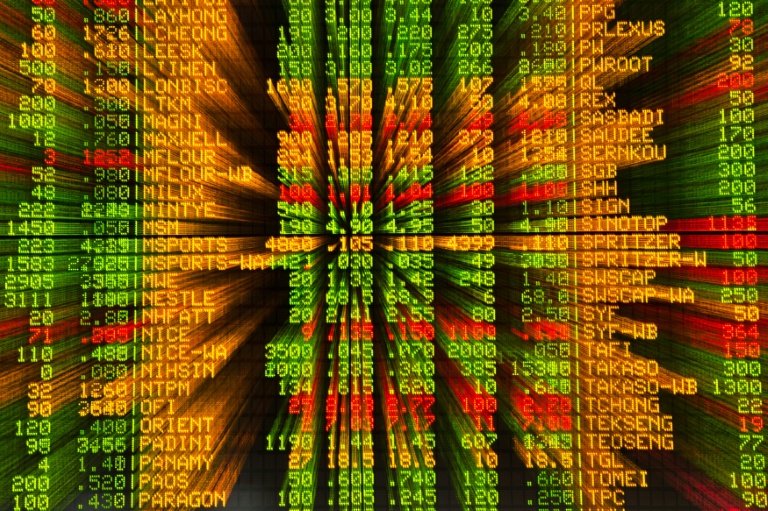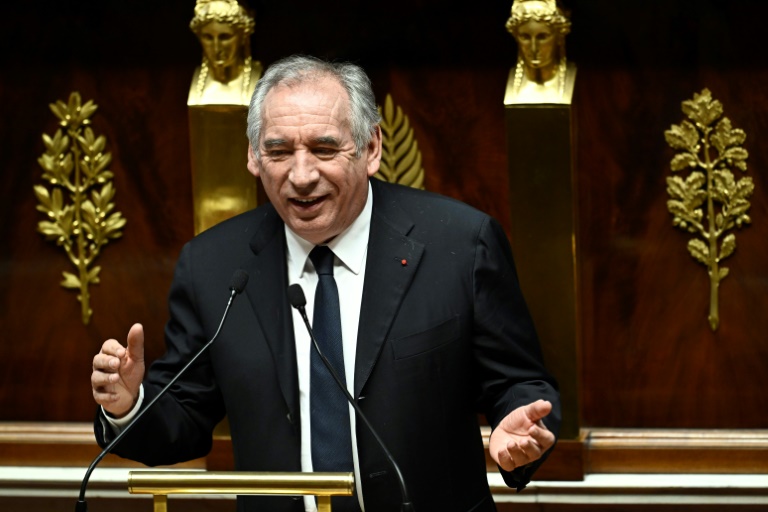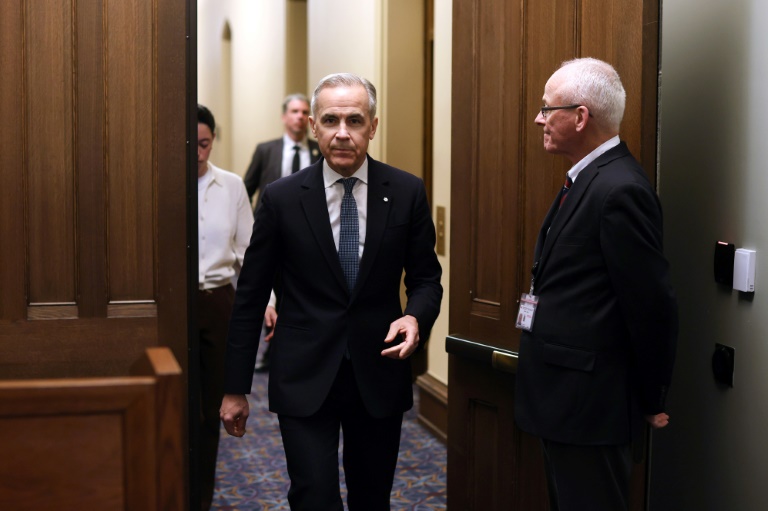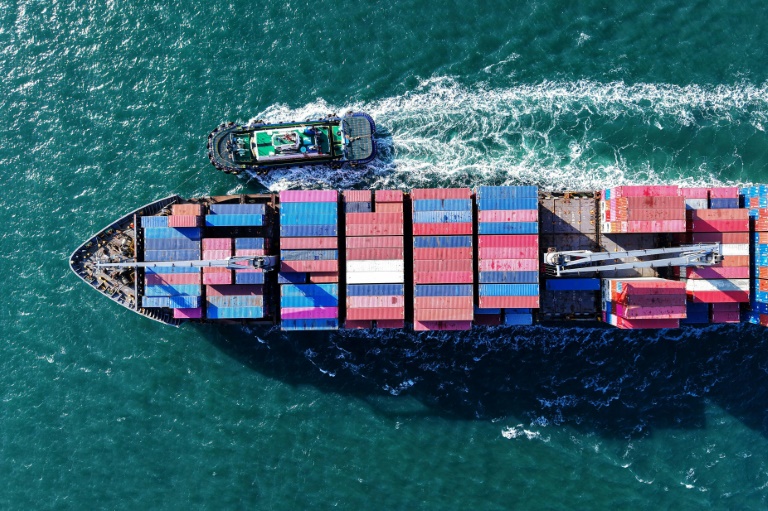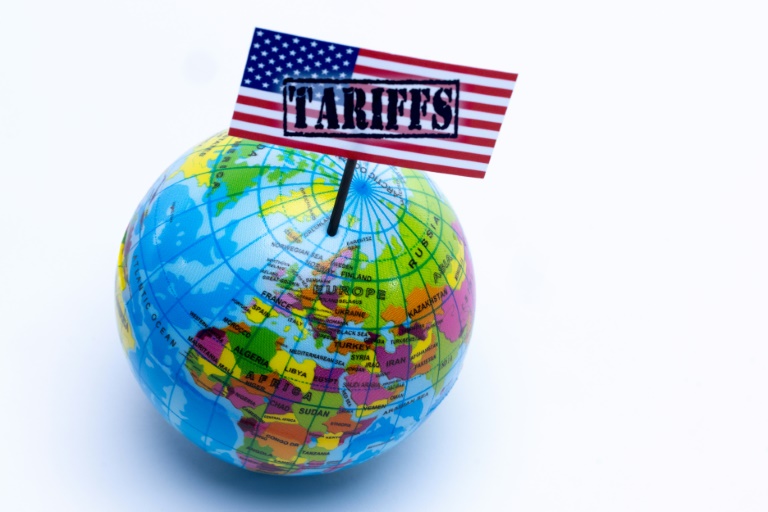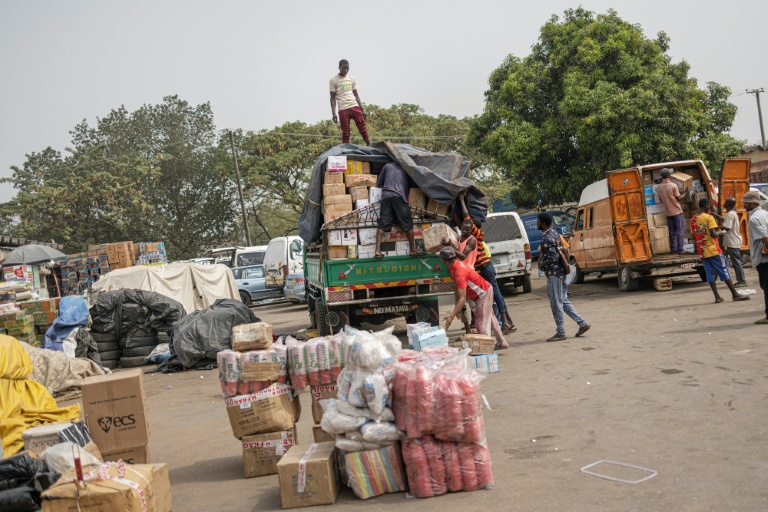Paris (AFP) – Global experts began debating the threats and promise of artificial intelligence (AI) at a gathering in Paris on Thursday and Friday, ahead of a summit of world leaders on the fast-moving technology. Thousands are expected for the event aiming to find common ground on a technology that has upset many business sectors in less than two years, as well as to keep France and Europe on the map as credible contenders in the AI race. Paris’ ambitions also stretch to stoking citizens’ interest in real-world uses of AI, taking stock of global governance of the technology, and promoting ethical, accessible, and frugal options.
Scientists including Yann LeCun, AI chief for Facebook owner Meta and a father of the current surge in the technology, were discussing its impact on fields including work, health, and sustainability from Thursday at the prestigious Polytechnique engineering school. “The future may not be very far when all our interactions with the digital world are through intelligent assistants,” LeCun told AFP, calling for “open-source” development of the tools to allow the whole world to participate. He added that governments “must agree not to regulate research and development and exchange of scientific information, because that would be a disaster… putting AI in the hands of a tiny number of companies”.
University chief Thierry Coulhon told scientists it was their “responsibility to ensure that world leaders are equipped with the insights and questions emerging from your world.” Saturday and Sunday will see talks on AI’s impact on culture before heads of state and government from around 100 countries and global tech industry leaders gather on Monday and Tuesday.
High-profile attendees will include US Vice President JD Vance, Chinese Vice Premier Zhang Guoqing, European Commission President Ursula von der Leyen, and German Chancellor Olaf Scholz. Indian Prime Minister Narendra Modi is co-hosting the summit as Macron seeks to involve the Global South in a technology battle that is for now largely playing out between the United States and China. Macron’s office said he would also host United Arab Emirates leader Mohamed Bin Zayed al Nahyan, widely known as “MBZ”, on Thursday to discuss “our two countries’ common ambition on AI”.
From the business side, X and Tesla chief Elon Musk has yet to confirm attendance, as has Liang Wengfeng, founder of Chinese startup DeepSeek, which shocked the world with its frugal, high-performance R1 model last week. American figures such as OpenAI’s Sam Altman and Anthropic’s Dario Amodei, as well as Arthur Mensch of French AI developer Mistral, will all join the gathering. In science, Meta’s LeCun will be flanked by the likes of Demis Hassabis, the Nobel chemistry prize-winning head of Google’s DeepMind AI research lab, and Berkeley machine learning researcher Michael Jordan.
Jordan on Thursday described as “hype and hysteria” claims from Altman and Amodei that the world was close to developing artificial general intelligence (AGI) — the holy grail of AI research that would surpass humans in all areas. AGI “will happen someday, I don’t say it won’t,” Jordan said, although for now “humans are way smarter than machines”. Three more Nobel winners — computer scientist Geoffrey Hinton, journalist Maria Ressa, and economist Joseph Stiglitz — will join a conference hosted by the International Association for Safe and Ethical AI (IASEI), created only last year.
France hopes that the conference can reinforce its leading European position in AI, having already drawn several labs from leading AI firms to Paris, including Google, Meta, and OpenAI. “Our mission is to make France one of the most attractive destinations for AI researchers, engineers, and entrepreneurs,” digital minister Clara Chappaz told AFP journalists. After a month in which DeepSeek’s emergence shocked even Silicon Valley heavyweights and the United States announced a $500-billion AI investment scheme, France and Europe have a lot to prove in the coming days. Recent events “show us that the field is still very open in terms of global competition,” French AI envoy Anne Bouverot insisted.
Paris plans to announce major investments running into the billions, including for new data centres on its territory. The government said Thursday it had 35 “ready-to-use” sites totalling 1,200 hectares (3,000 acres) on offer across the country. And civil service minister Laurent Marcangeli announced a chatbot tool similar to ChatGPT for France’s 5.7 million public-sector workers.
© 2024 AFP

